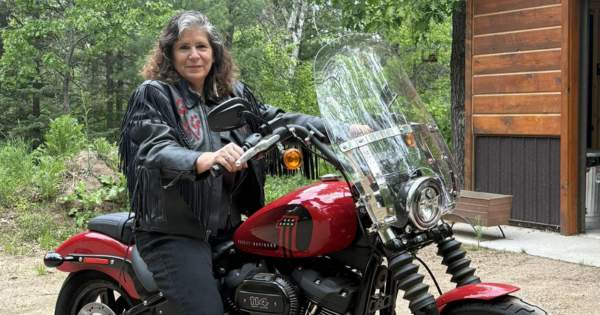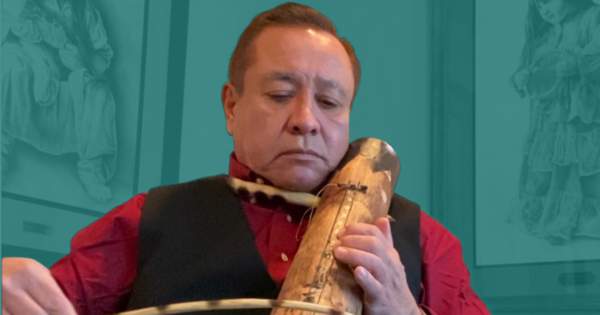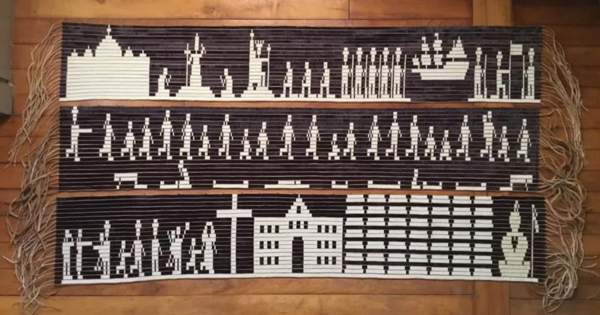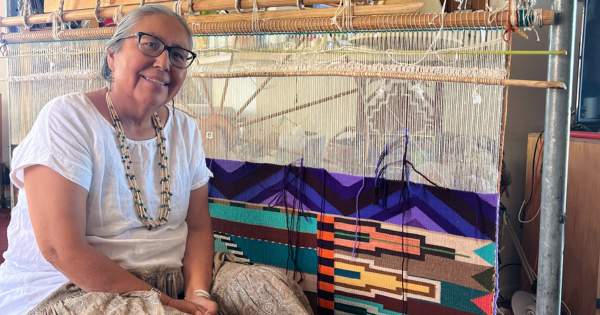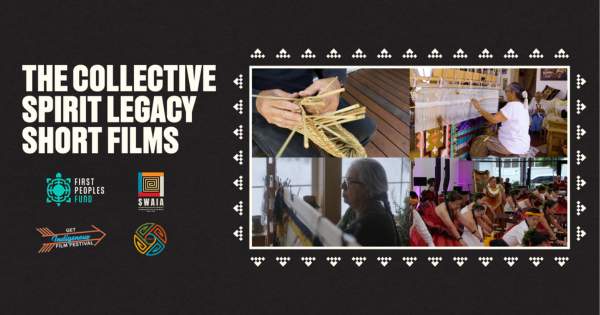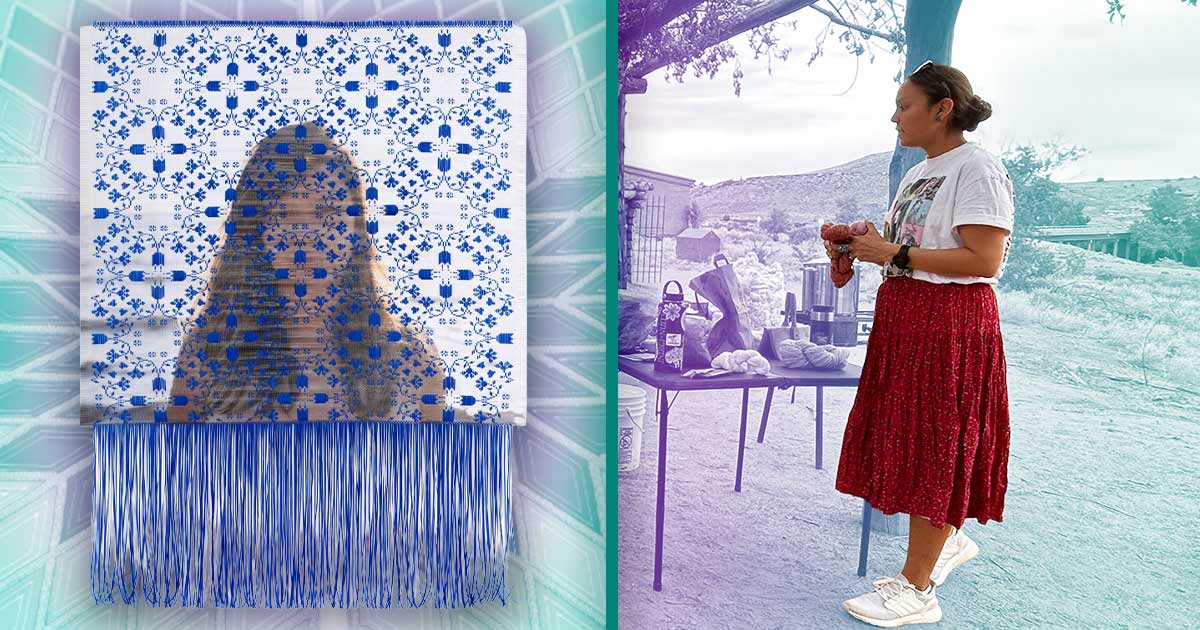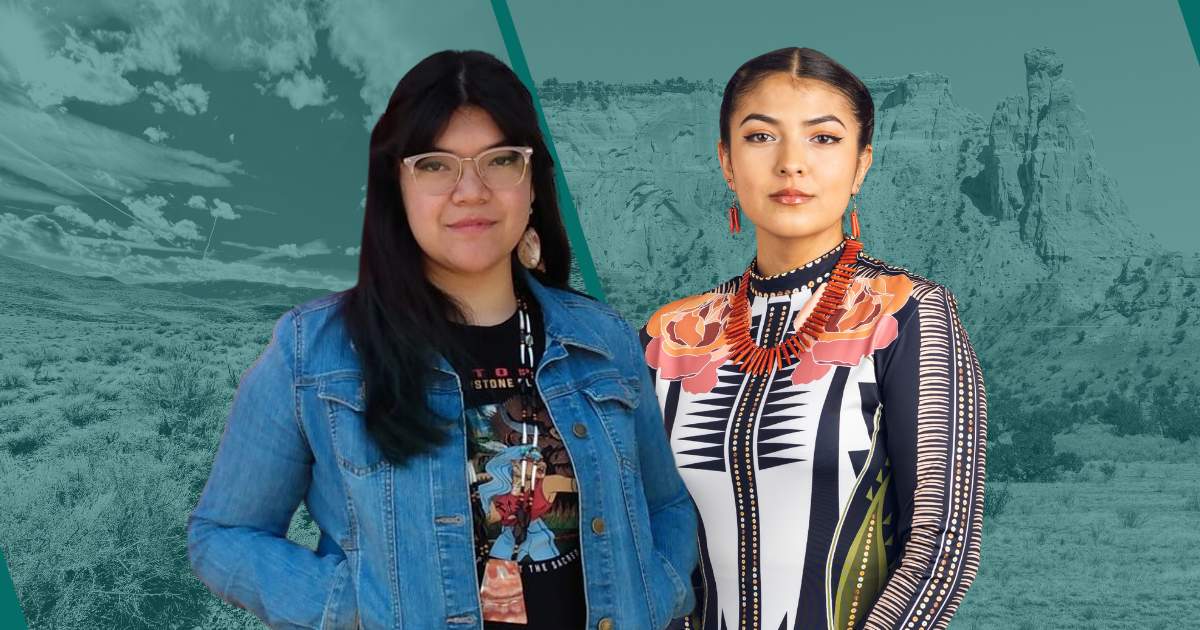
VR and Antipodes Breaking Barriers for an Indigenous Poet
Jessica (Tyner) Mehta is a citizen of the Cherokee Nation, interdisciplinary artist and poet, and author of several award-winning books. She is the owner of a small business, MehtaFor, a writing services company that offers pro bono services to Native American led/serving nonprofits.
She integrates technology, family archival photos, and performance art into many of her creative projects. She has undertaken poetry residencies with her work being featured at galleries and exhibitions around the world.
Jessica is a 2020 First Peoples Fund Artists in Business Leadership fellow, and a virtual Artists in Residency at Crazy Horse Memorial, preparing for her first commission with Artist Trust (Seattle) for next summer.
When people come out of Jessica’s virtual reality (VR) poetry experience, they all have the same expression — one of overwhelm at experiencing VR for the first time. But through this new technology, Jessica can introduce them to something else unique to them — Indigenous poetry. Her popup VR experience, “Red/Act,” exposes people to poetry in a fresh, accessible way.
Removing the barrier of intimidation around poetry is something Jessica teaches in classes, especially those for women in prison. It was in this place that an innovative form of poetry blossomed.
“I’m constantly looking for new ways to create while integrating immersion and technology into my practice."
Jessica created the antipode, a poem with roots in both reverse poetry and the palindrome, and can be read forward or backward word by word. Creating one is often more like piecing together a puzzle than writing poetry.
“I found that most participants were drawn towards the antipode because it broke down those walls of what they thought writing poetry should be,” Jessica says. “It gives you permission to play with language and make up your own rules in many ways. It permits us to have fun with language. When you’re writing in this strange way, you have to think, ‘How does it sound forward and backward?” Even then, your organic voice is there. I feel it gives us flexibility and permission to explore and make ‘mistakes,’ and see what’s there.”
Jessica’s journey as a poet continues to open pathways for people to embody poetry. When the COVID-19 shutdown happened right when Jessica opened her ‘emBODY poetry’ exhibition, she worked to get the VR experience online. Her YouTube video takes viewers through one of her poems that were on exhibit.The video was featured at the virtual International Human Rights Festival, typically held in Manhattan.
“My art is a form of healing and trauma management,” Jessica says. “I’m constantly looking for new ways to create while integrating immersion and technology into my practice. It takes a certain type of person to pick up a poetry book or attend a reading. However, performance poetry and VR have the power to attract more people to poetry.”
